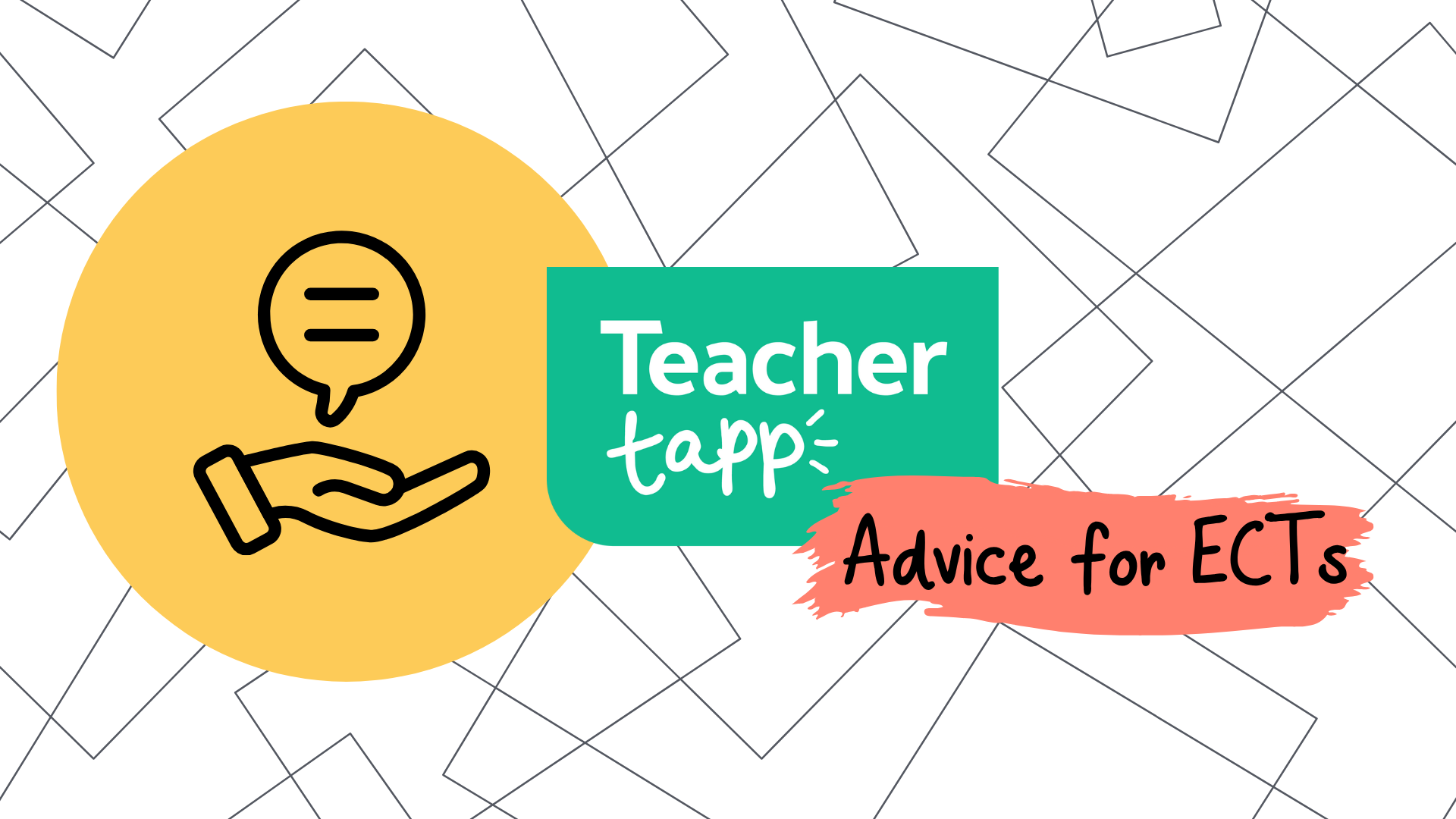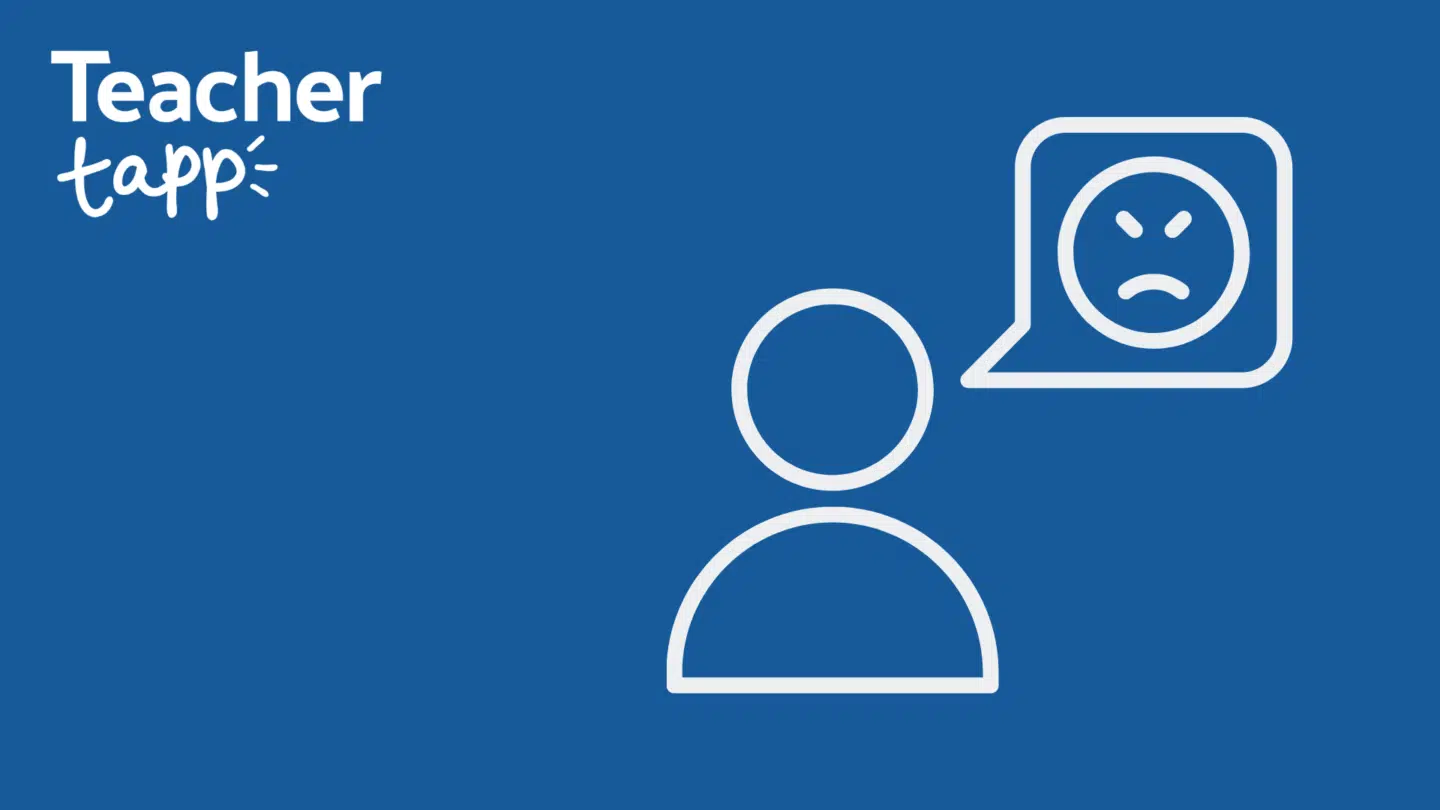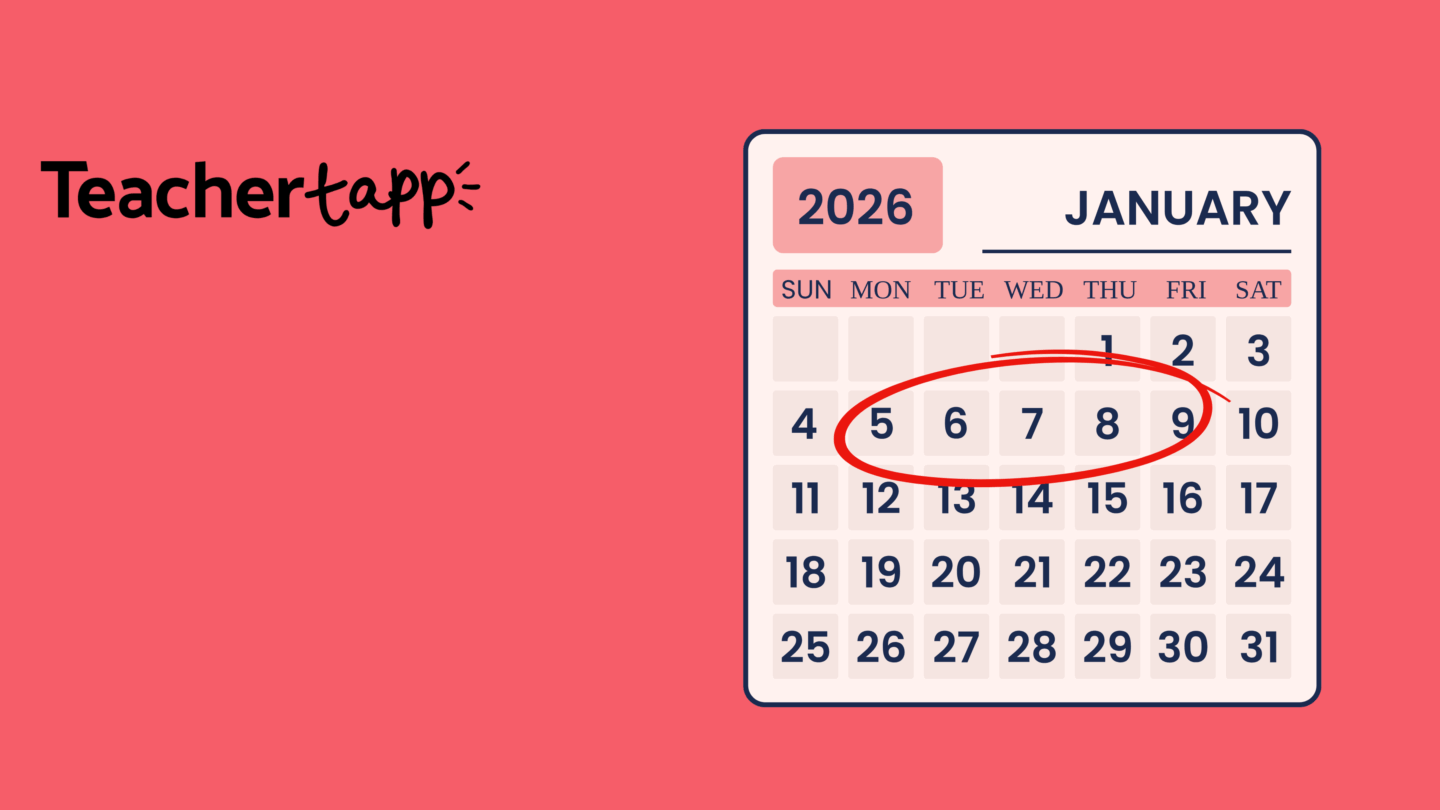
Training is complete – standards evidenced and signed off. But are you classroom ready?
If the answer isn’t more that a tentative “I think so” then don’t worry – just like all the other ECTs before you, feeling nervous about school life is completely normal.
Teacher Tapp recently asked the community for their BEST teaching hacks – and they didn’t disappoint! A whopping 2,625 teachers answered, and here are the best bits…
Advice for teachers in primary schools…
Let the kids help — really1
- “Get the kids to do it. I mean trim the worksheets, sort out your equipment, etc.”
Don’t martyr yourself. Students love jobs. Give them routines that reduce your faff — they feel responsible, and you get some breathing space. - “Make the kids work harder than you. In all senses. Handing out work sheets, cleaning the board, thinking and working harder.”
A mindset shift worth adopting early. You’re not a human photocopier. - “Get the children to self-mark as much as possible!”
Instant feedback, less marking — it’s a win-win.
Secondary Success: Tips for Teen Taming and Teaching…
When the marking piles grow tall and motivation wavers, these hacks help secondary teachers teach smarter, not harder.
- “Dress exam questions up with a story, have a character for the story (mine is Betty) — always up to something. The kids buy into it and learn through stealth — great for retrieval practice.” Stories are powerful tools in the classroom!
- “Don’t be afraid to get students (particularly secondary) to find things out rather than giving them all the information.” Encourage independent learning by taking a step back.
- “Not really a hack, but ‘sweat the small stuff’, then the big stuff doesn’t become an issue because the kids know where they stand with you. (Secondary, but I think it holds true any phase).” The ‘broken windows’ theory is something some teachers swear by.
- “Mini exam mark schemes as part of marking & feedback.” Students learn to assess and revise more effectively with clear structures.
- “Find time to ‘play’ whenever possible — the students will work harder if they know there is fun ahead! (Secondary English perspective).” Don’t assume just because they look like small grown-ups that they’re too old for fun!
Pedagogy tips
- “2 stars and a wish has always worked well for me, I love it! Peer feedback was something that was hammered into me in my training year and right from my NQT year 1!” Using peer feedback can also be useful when working out if they understand WHAT they don’t understand!
- “Heads down hands up questioning. Just started to use it, so feels fresh…” Sometimes small tweaks can transform a normal lesson.
- “Posters on my desk that remind me of important things to include in each lesson (ECT)” Future you will be grateful when the observation panic kicks in.
- “Just be yourself. Be consistent and fair and always be prepared.” The most universal advice. Authenticity builds trust — and routines build peace.
Fail to prepare then you prepare to fail…
- “Getting a week ahead on planning and prep. Always makes me feel more comfortable and ready for the next day/week/term.” Time is tight, but even small wins ahead of time help future you breathe.
- “Little and often. Chip away at your planning in advance.” Big tasks can start to feel too big to start. Go small, go often.
- “Well prepared booklets save an age in planning time. Do it well once then tweak to transform.” Batch now, breathe later. Smart resource design pays you back for months.
- “Behaviour: sitting next to the child who is disruptive always works wonders. Planning for new teachers: plan ‘boring’ lessons for the first few weeks in September so you can set routines and expectations and then you can be more adventurous.” Start steady. You’re building the scaffolding for the year ahead.
🤹 Out-of-the-Box Genius: Because Sometimes Weird Just Works
- “Wear flip flops on sports day so they can’t enter you for anything.” Genius. Absolutely genius.
- “If you can’t remember a student’s name, pretend to have forgotten just their surname and ask them – hearing the surname is usually enough to jog your memory of what their first name is.” Genius improv that saves face and keeps rapport.
- “Making multiple choice questions 1,2,3,4 instead of a,b,c,d so that they can show you with fingers rather than needing a mini whiteboard.” Low-tech. Low-effort. High payoff. And fewer whiteboard pens lost to the void.
- “Building relationships with the tricky kids that don’t want to have a relationship & being that annoying person until they have to like you.” Stubborn friendliness. Eventually, they give in.
- “There is no hack; know what you want the pupils to be able to do and teach it well in small steps. And also remember to pack a nice lunch to cheer you up.” Pedagogy and packed lunches. A perfect pairing.
And finally…
“Remember to find the funny in the day.”
Some days, that might be the only win — but it counts.
The first year (or two) is a whirlwind. There’s no one perfect way to teach, but there are thousands of tiny adjustments that make your life easier and your classroom happier. Lean on the community. Try things. Drop things. Laugh often. And maybe — just maybe — get those flip flops ready for sports day.


